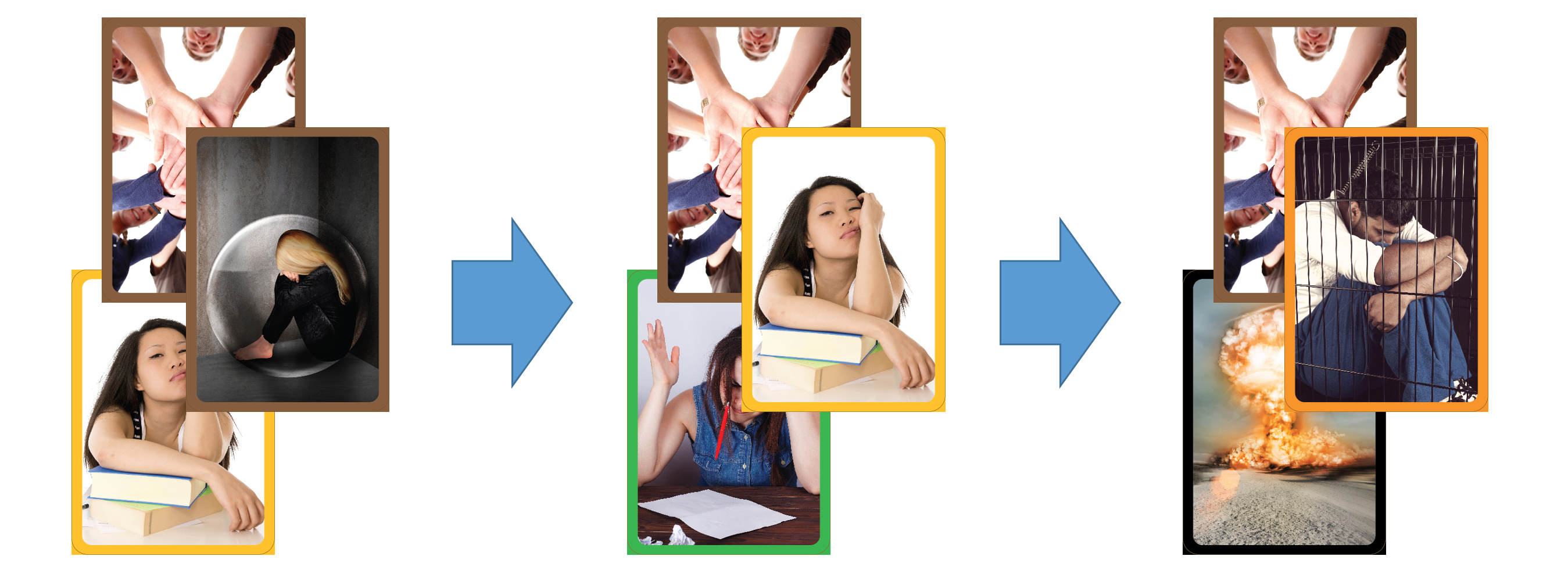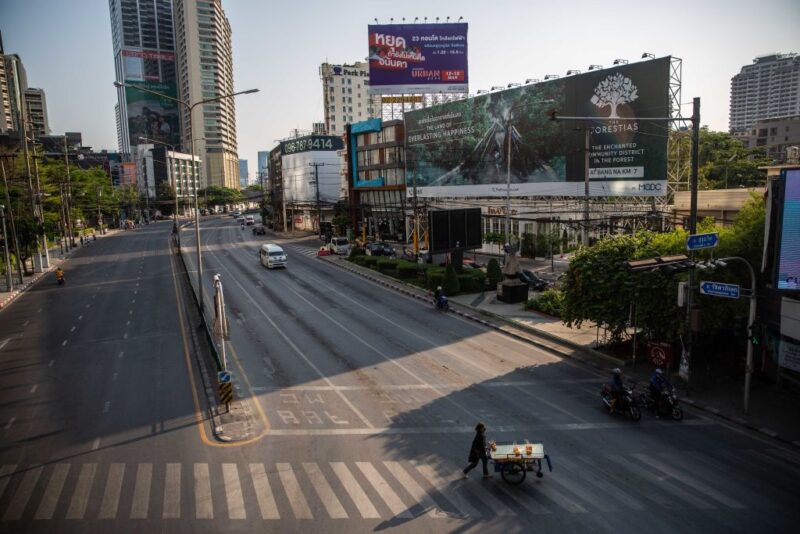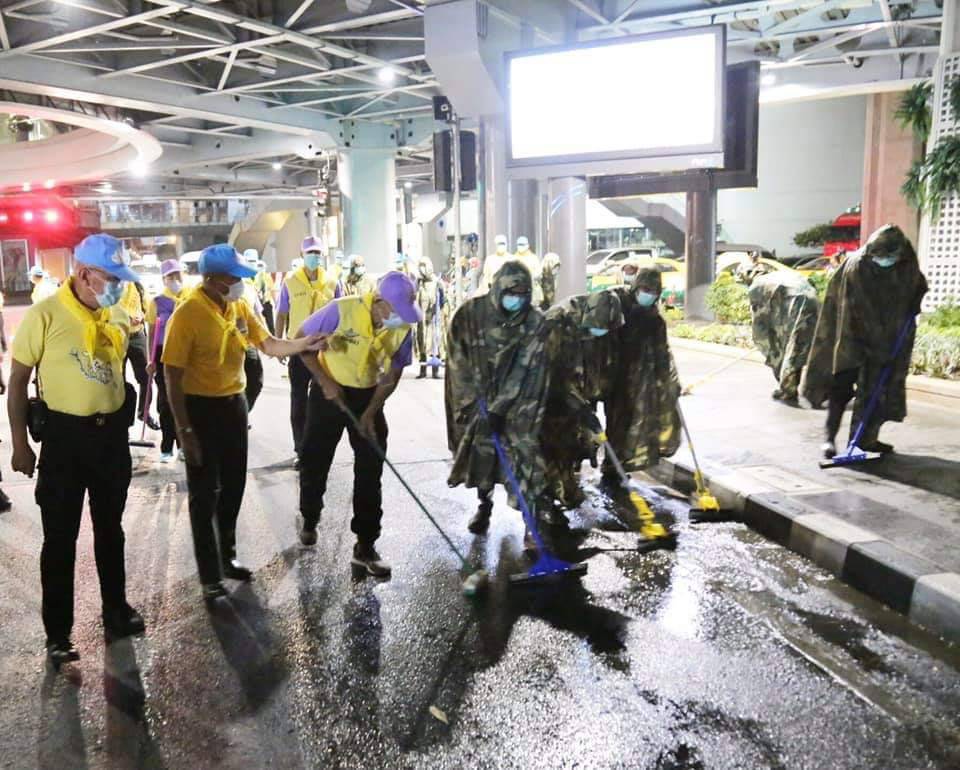Culture Kitchen and TapestryWorks have written previously that “every brand is a healthcare brand” and in this case study, we examine how in Indonesia, Covid-19 has impacted emotional health during the progression of the pandemic, and how brands can help.
Back in early April, with our Indonesian partners Eye-to-Eye, we set out to understand how Indonesians were coping with Covid-19 and their feelings during lockdown (called PSBB in Bahasa). With waves of qualitative and quantitative research, we tracked the emotional states, behaviours, and attitudes of Indonesians, using StoryWorks® to capture their implicit feelings as well as more conventional approaches to capture their personal experiences and stories.
Initial Acceptance and Confusion
In the first wave of research in early April, Eye-to-Eye conducted seven focus group discussions with Indonesians across a range of life stages and personal circumstances. At this early stage of lockdown, there was acceptance of the situation mixed with confusion from new ways of living, working, studying, and parenting, as well as an uncertain financial future. Many people were unprepared for the changes to their way of life.
As a result, emotions were conflicted. While Indonesians typically feel a strong sense of belonging and family (which for many was strengthened by the situation), this was combined with a sense of isolation and separation from friends, colleagues, and community. Fun and play are important motivations for Indonesians and, unsurprisingly, lockdown made them feel restless and bored. However, many people felt positively about the opportunity to have time to reflect and learn new skills.
The need for new ideas and changing routines brought a sense of creativity for those who managed to adapt. Those who were struggling felt either overwhelmed and lacking inspiration and ideas, or a sense of ‘crazy’ experimentation in their lives.
Growing Frustration and a Need for Self-Expression
In the second stage of research in early May, Eye-to-Eye conducted an online survey with over 600 people, covering the spectrum of life stage groups researched in early April. Many of the same feelings persisted into early May, but increasing tensions and frustrations were apparent, driven by their inability to express the feelings they were experiencing. Consistent with the earlier work, younger people had the strongest negative sentiment.
Self-expression is not typically an important motivation for Indonesians, so why had it become so important? The answer lies in the Indonesian need for social conformity and their dislike of those who complain (when everybody is in the same boat). This was evident in the conversations people were having in social media (or in some cases excusing themselves from).
In our global work on the impact of Covid-19, it was clear that many of the negative emotional responses to lockdown in Europe and other continents were not present in Asia. Asian responses were much more accepting of the situation and were much less likely to express negativity or even denial. This research suggests that this is not because these feelings do not exist, but rather it is more difficult to express them in many Asian cultures.
Looking forward, we asked people about their feelings about the future post-lockdown. Freedom, belonging, and enjoyment of life were important needs, but many were also pessimistic about the future (again, especially among younger people).
Greater Freedom but Feeling Trapped
The third wave of research, completed in early July, was conducted after many restrictions were lifted across most of Indonesia, and consumers were no longer in lockdown. However, the findings show that people felt more trapped than ever. Again, the survey covered the same range of life stage groups with a sample of more than 400 people.
Although the balance of positive and negative sentiment had not changed overall from that seen in the previous wave, there were important changes in the types of emotions expressed. Between May and July, Indonesians moved from feelings of boredom and the frustration of wanting to express their true feelings, to anger and concern at the potential negative consequences of opening up the economy. Indonesians now feel more physically and emotionally trapped than when they were confined to their homes.
Responses to other questions indicate that they will continue to restrict their behaviours, including their spending. In terms of future outlook, they are focused on freedom, renewal, and connection. However, many feared that the future would be ‘dark’, with a more angry, destructive, and cruel society.
What does this Mean for Brands?
These findings suggest that brands need to be more mindful than ever in acknowledging the concerns and frustrations of consumers and provide a helping hand to guide them through difficult times. Although many brands are still focusing on the physical aspects of health and hygiene, these findings suggest there will be a longer-term impact on the mental wellbeing of many Indonesians which brands can help address (or at least develop communications that resonate).
Brands that show empathy and understanding will be appreciated. This is especially true if they can focus on the core Indonesian value of community and connection, which is the most consistent positive thread through these three waves of research. Helping Indonesians (re)connect with each other has never been more important.
If you want more details about the findings from this study or would like to know more about how your brand or business should respond, please get in touch.
About Culture Kitchen
Culture Kitchen combines cultural insight with marketing, branding and behavioural change know-how to help you plan your brand’s future growth. Click here to download our free ebook covering the 7 Ways that Covid-19 will Shape the Future of Brands.
[You can find more details of Eye-to-Eye here and more details of the three research waves here, here and here.]






